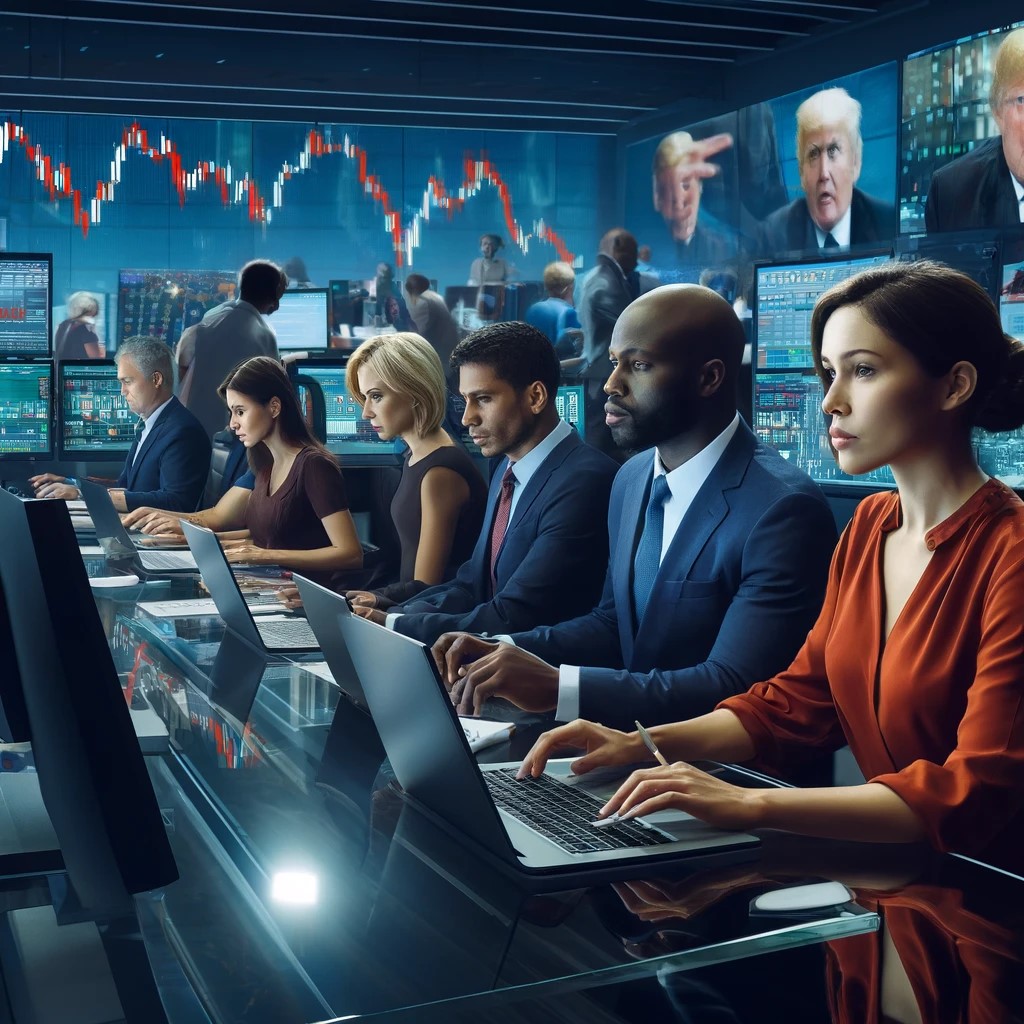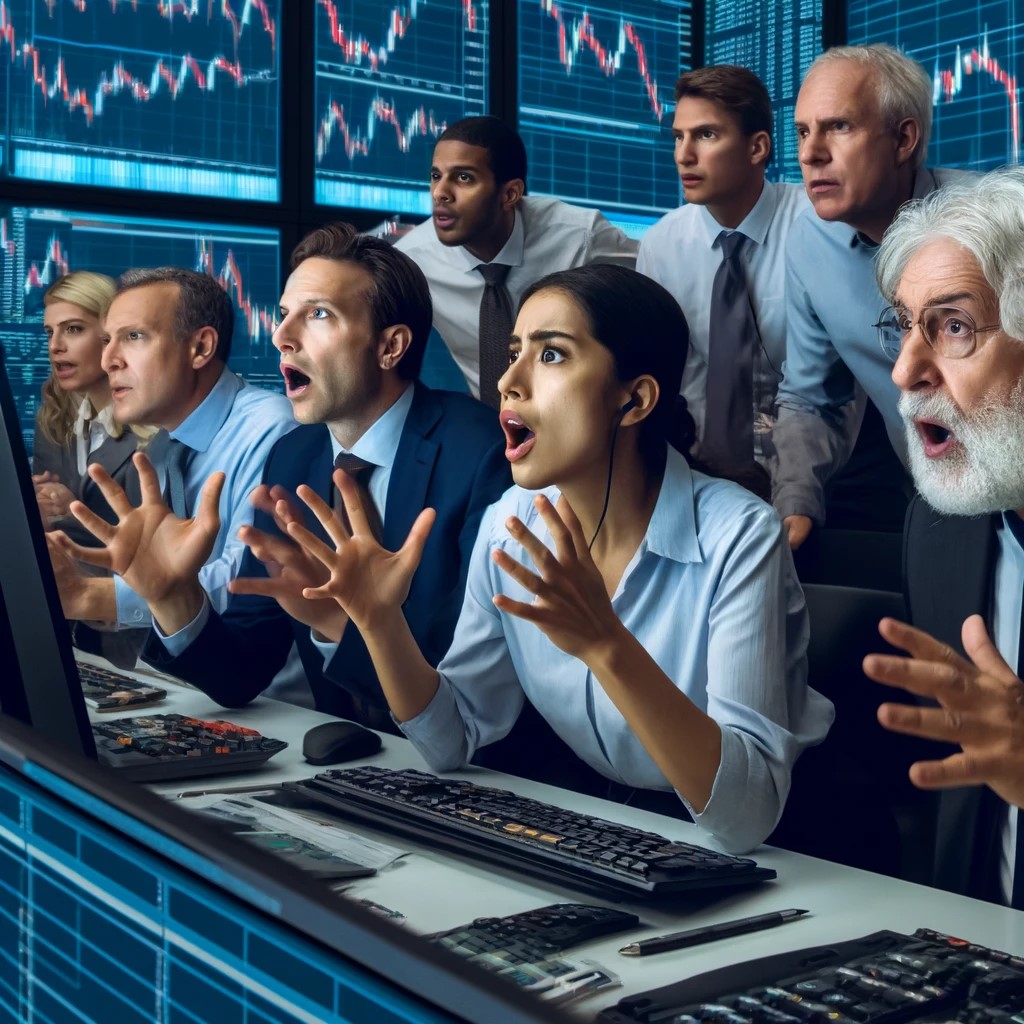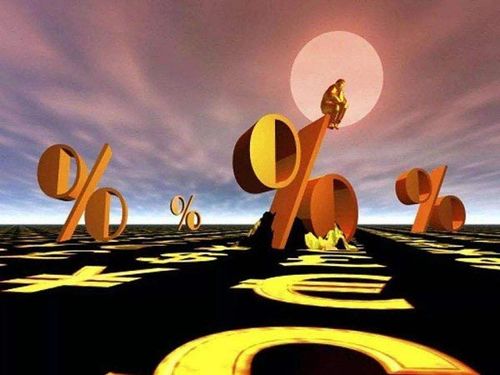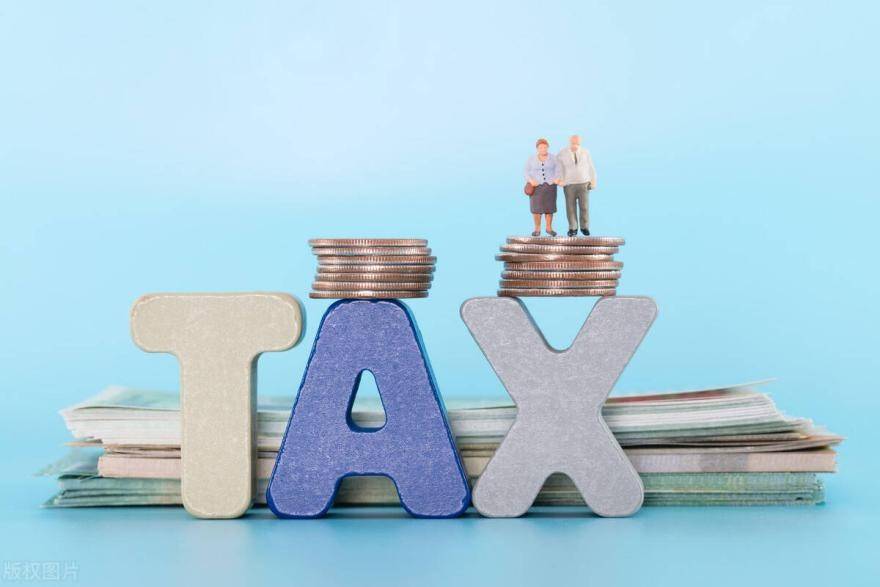Political events have long been recognized as significant drivers of market sentiment, often triggering volatility and influencing investment decisions across global financial markets. Whether it's an election, a legislative change, or an international political crisis, the ripple effects on the markets can be substantial. This article explores how political events shape market sentiment, delves into current trends, and offers insights into future implications for investors.

Understanding Market Sentiment
Market sentiment refers to the overall attitude of investors toward a particular market or financial asset. It is influenced by a variety of factors including economic data, corporate earnings, and geopolitical events. Political events, in particular, can cause shifts in market sentiment by creating uncertainty, impacting economic policies, and altering the business environment.
Key Influences of Political Events on Markets:
Regulatory Changes: Legislative changes can have direct impacts on industry sectors. For instance, stricter regulations on emissions can affect the energy sector, while changes in healthcare policy can impact pharmaceutical and insurance companies.
Geopolitical Tensions: International conflicts or diplomatic events can lead to market volatility, as investors react to potential threats to global stability.
Current Trends Influencing Market Sentiment
Increased Globalization: In today's interconnected world, political events in one nation can affect market sentiment globally. For example, trade agreements or tariffs imposed by major economies can have far-reaching effects on global trade patterns and investment flows.

Rise of Social Media: The rapid spread of information through social media can amplify the effects of political events on market sentiment. News and opinions about political developments are disseminated instantly, often leading to quick reactions in the markets.
Market Sensitivity to Election Cycles: Elections can lead to periods of increased volatility as investors anticipate changes in government policies that could affect the business environment and economic conditions.
Future Predictions for Political Events and Market Sentiment
Predictive Analytics: Advances in data analytics and artificial intelligence are expected to improve the ability of investors to predict market reactions to political events. Predictive models can analyze vast amounts of historical data to identify patterns that might indicate how markets will respond to certain political scenarios.

Increased Focus on Geopolitical Risk Management: As businesses become more global, the need to manage geopolitical risk will become more critical. Investors will likely place greater emphasis on strategies to mitigate the impacts of political instability on their portfolios.
More Proactive Policy Monitoring: Investors are becoming more sophisticated in monitoring policy developments and political news. Tools and platforms that provide real-time analysis of the political landscape and its potential impact on markets will become increasingly valuable.
Conclusion
The relationship between political events and market sentiment is complex and multifaceted. While political developments can lead to uncertainty and volatility, they also create opportunities for informed investors to capitalize on market movements. As the global political landscape evolves, understanding the interplay between politics and market sentiment will be crucial for investors aiming to navigate the challenges and opportunities presented by political events.





